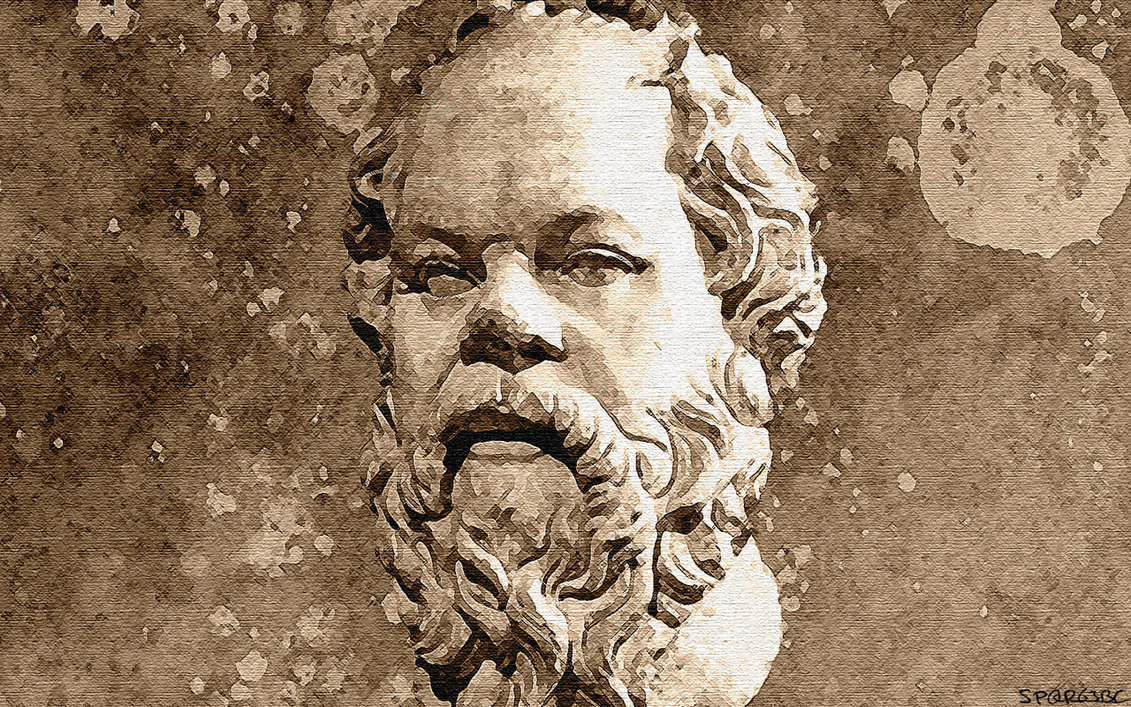Whenever people deride philosophy in the name of analytics, I like to remind them that democracy wasn’t created by an algorithm. Like many human creations that shape our world (including philosophy itself), the rule by many was dreamed up in ancient Athens, a “small, dirty, crowded city,” as Eric Weiner identifies it in an Atlantic piece which wonders how so many influential geniuses were nurtured in that place and time. The emergence of the world’s first global city seems more than merely a happy accident. Culture was likely a much more important force than genetics. An acceptance of immigration was one piece of the puzzle, but there were many other factors. An excerpt:
How did a small, dirty, crowded city, surrounded by enemies and swathed in olive oil, manage to change the world? Was Athenian genius simply the convergence of “a happy set of circumstances,” as the historian Peter Watson has put it, or did the Athenians make their luck? This question has stumped historians and archaeologists for centuries, but the answer may lie in what we already know about life in Athens back in the day.
The ancient Athenians enjoyed a deeply intimate relationship with their city. Civic life was not optional, and the Athenians had a word for those who refused to participate in public affairs: idiotes. There was no such thing as an aloof, apathetic Athenian. “The man who took no interest in the affairs of state was not a man who minded his own business,” wrote the ancient historian Thucydides, “but a man who had no business being in Athens at all.” When it came to public projects, the Athenians spent lavishly. (And, if they could help it, with other people’s money—they paid for the construction of the Parthenon, among other things, with funds from the Delian League, an alliance of several Greek city-states formed to fend off the Persians.)
All of ancient Athens displayed a combination of the linear and the bent, the orderly and the chaotic. The Parthenon, perhaps the most famous structure of the ancient world, looks like the epitome of linear thinking, rational thought frozen in stone, but this is an illusion: The building has not a single straight line. Each column bends slightly this way or that. Within the city walls, you’d find both a clear-cut legal code and a frenzied marketplace, ruler-straight statues and streets that follow no discernible order.
In retrospect, many aspects of Athenian life—including the layout and character of the city itself—were conducive to creative thinking.•

